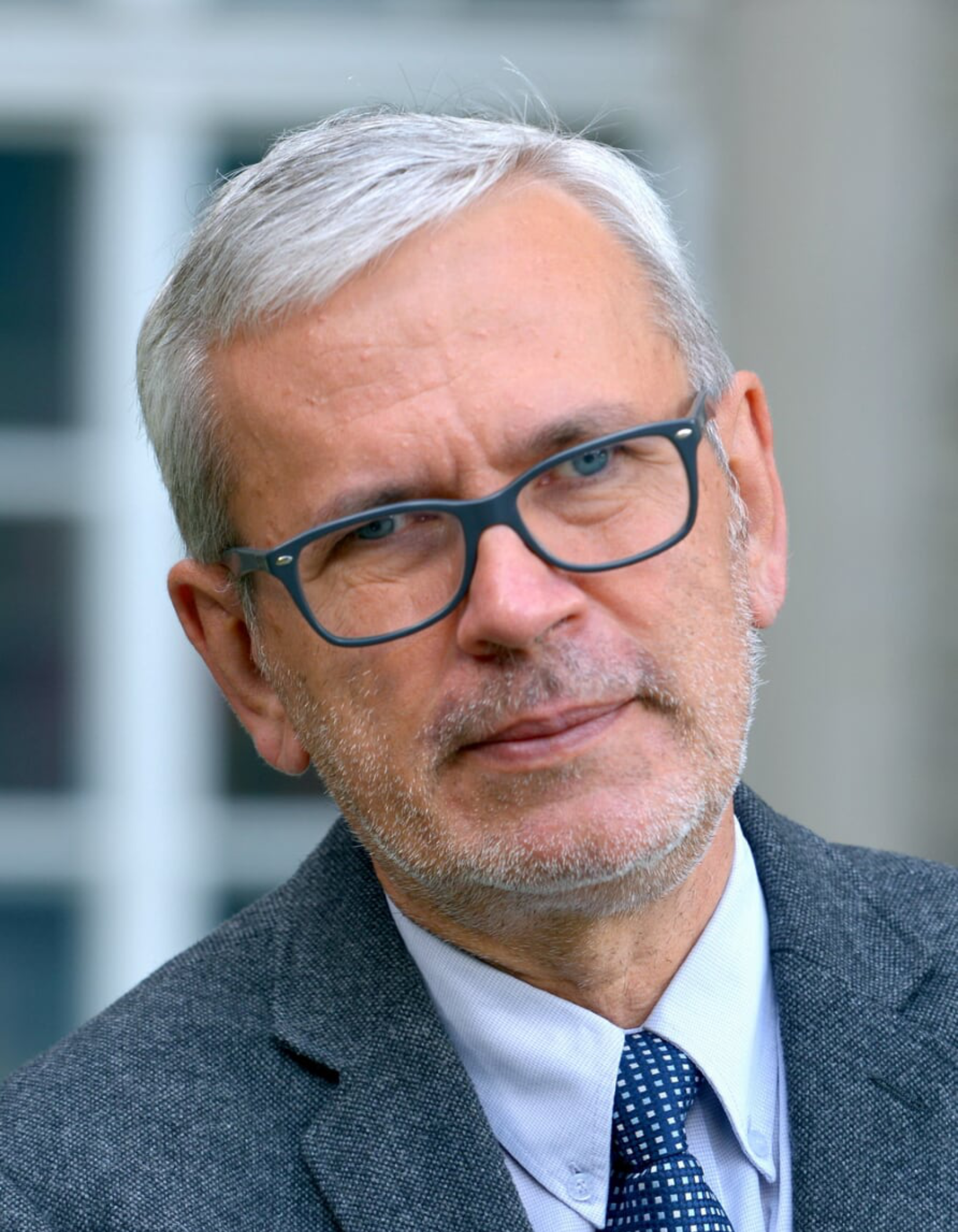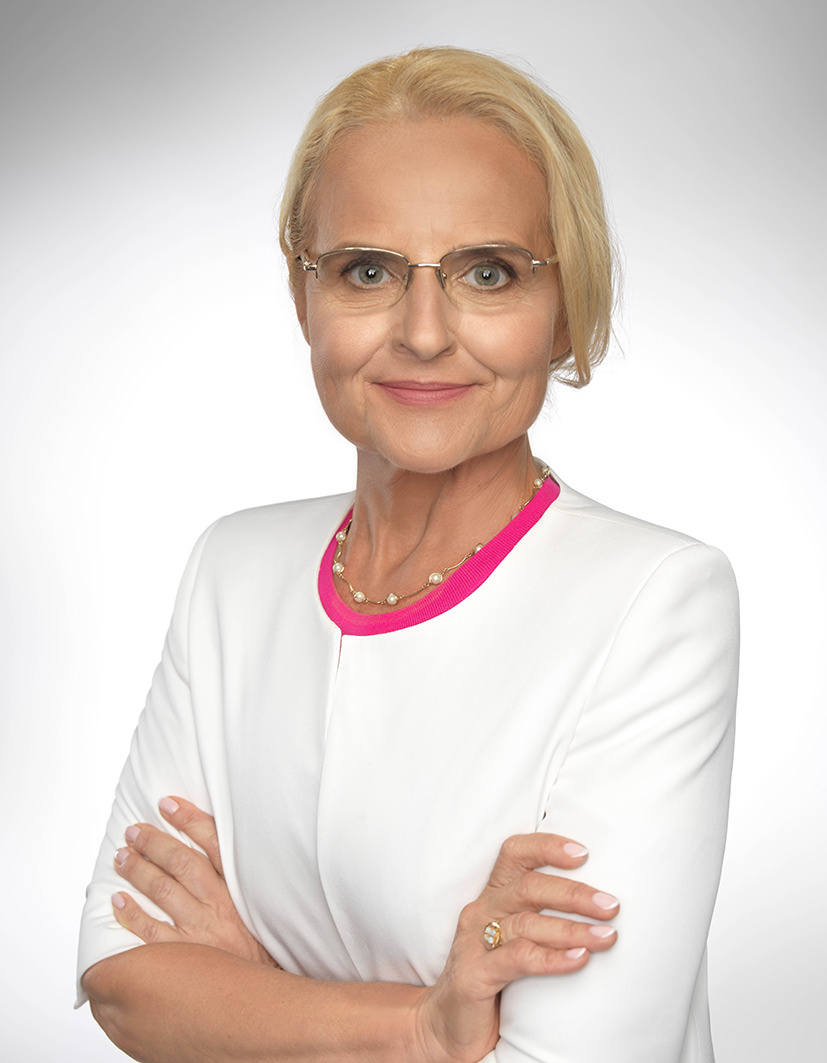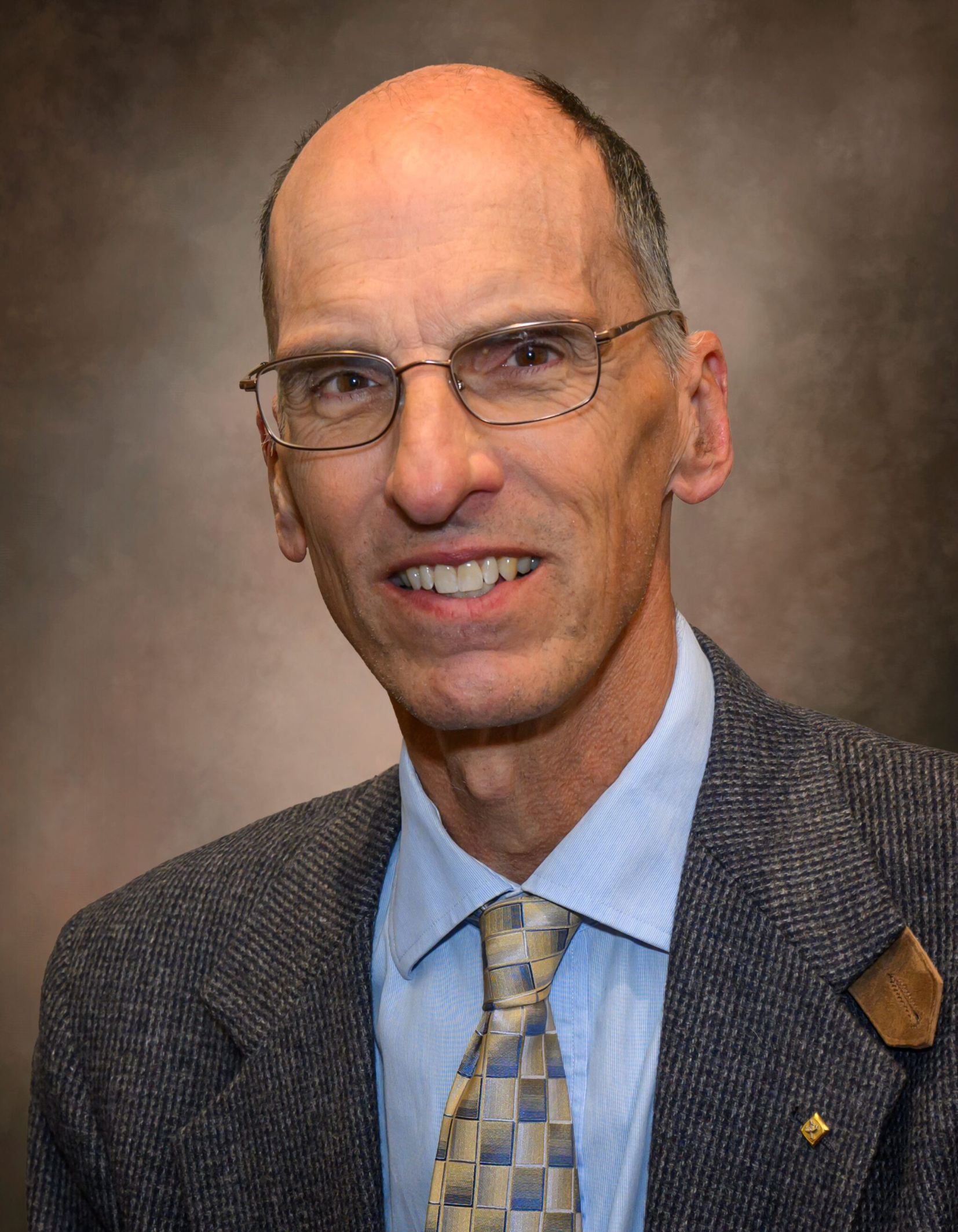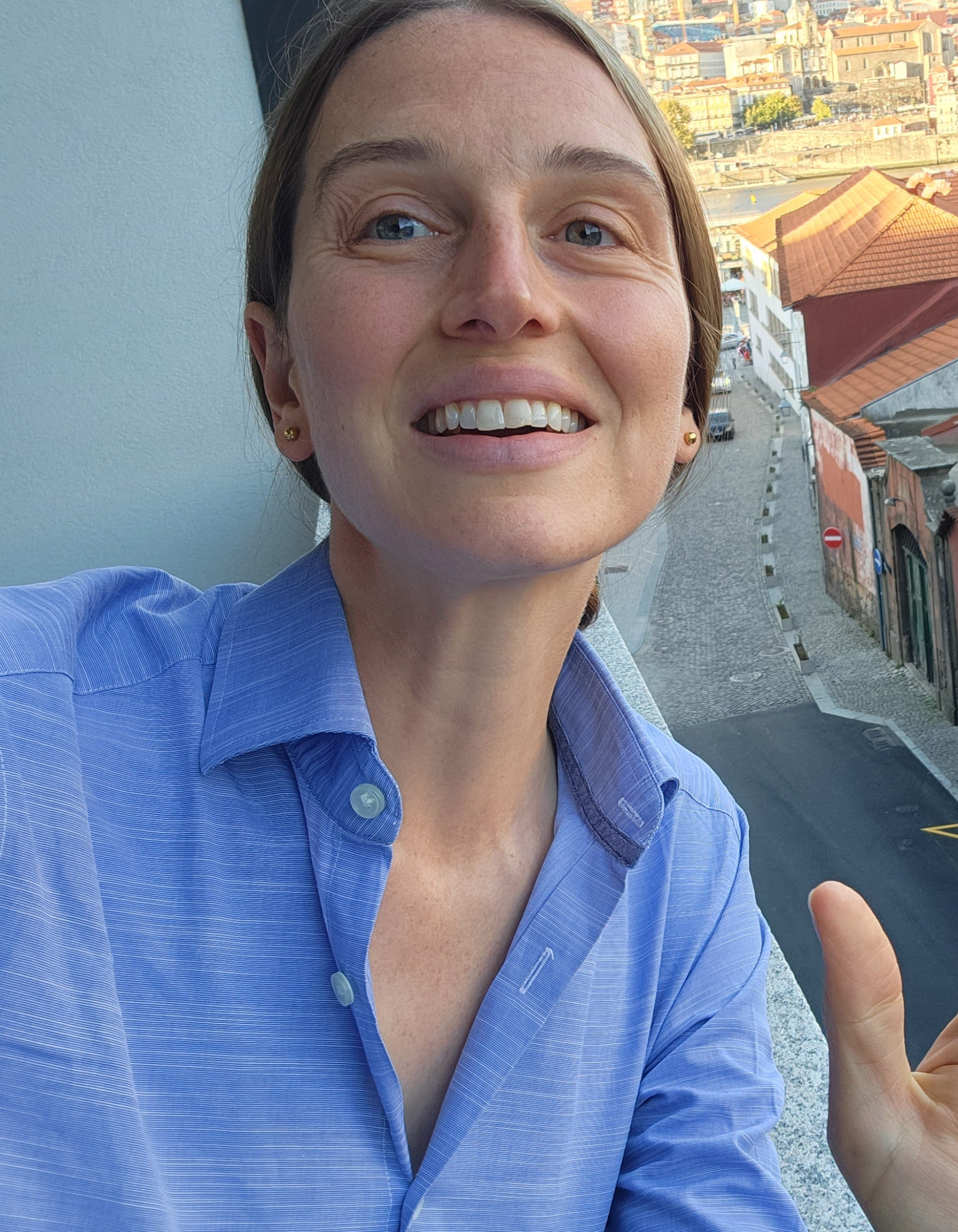MIKON 2024 Tutorial Session: Technical Writing & Speaking
“Technical Writing & Speaking“
Organisers and Co-Chairs:

Michal Mrozowski, Gdansk University of Technology, PL

Malgorzata Celuch, QWED Sp. z o.o., PL
Tutors:

George E. Ponchak (IEEE MTT-S)
“How to Write a Paper for IEEE Journals and Navigate the Review Process”
ABSTRACT: The careers of many people depends on their success in writing and getting their papers published. More important, the scientific process requires that scientific findings be published so that other researchers may build on your ideas or refute your findings. If authors are not able to publish their papers, then their careers are hurt and scientific progress slows and stops. Therefore, it is critical that researchers and engineers understand the process of writing and getting published their papers in reputable and cited journals and scientific conferences. However, often authors’ papers are rejected because they did not understand what reviewers, Associate Editors, and Editors are looking for in a paper, even if the technical results are good.
This presentation will cover the steps that an author should take to increase the acceptance rate of their papers in journals and conference. It will cover the reasons most papers are rejected and how an author should organize their paper to avoid those reasons. Lastly, it will present what steps you should take if your paper is rejected to get it published in the same journal or in a different journal.
TUTOR CV: George E. Ponchak received the B. E. E. degree from Cleveland State University, Cleveland, OH in 1983, the M.S.E.E. degree from Case Western Reserve University, Cleveland, OH in 1987, and the Ph.D. in electrical engineering from the University of Michigan, Ann Arbor, MI in 1997.
He joined the staff of the Communications, Instrumentation, and Controls Division at NASA Glenn Research Center, Cleveland, OH in 1983 where he was a senior research engineer; he is now retired. In 1997-1998 and in 2000-2001, he was a visiting professor at Case Western Reserve University in Cleveland, OH. He has authored and co-authored 200 papers in refereed journals and symposia proceedings.
Dr. Ponchak is a Fellow of the IEEE. He was the Editor-in-Chief of the IEEE Transactions Microwave Theory and Techniques from 2010-2013 and the Editor-in-Chief of the IEEE Microwave and Wireless Components Letters from 2006-2009. He was an elected member of IEEE MTT-S Administrative Committee (2010-2018), served on the Editorial Board of MDPI Sensors journal (2018-2022) and of the International Journal of RF and Microwave Computer Aided Engineering (2005-2019). He received the 2014 MTT-S N. Walter Cox Award that recognizes an IEEE MTT-S member who has given exemplary service, the 2023 IEEE MTT-S Distinguished Service Award and the Best Paper of the ISHM’97 30th International Symposium on Microelectronics Award.

Erin Kiley, (IEEE MTT-S)
“Talking about Talking: Making your Verbal Presentations Memorable and Compelling”
ABSTRACT: In addition to skills in writing and publishing, academic and scientific careers—including yours—are bolstered by agile and confident public speaking. Often, the first time the public learns about a scientific work is when the author presents at a conference or for broadcast media, and speakers who can use such a platform to clarify their contributions and provide broader context for their work are rewarded with stronger attention, possibilities for increased funding, and opportunities for collaboration. It is the ultimate compliment to your speaking skills when a previous audience member hears of a development in your field, and immediately connects it to you and your work. Memorable public speakers make this happen through extensive practice and preparation and, sometimes, by noticing the subtle clues that suggest their audience understands them (or that suggest otherwise) and responding appropriately to those cues.
Far from an innate ability, the skills and rhetorical techniques used by good public speakers can be taught and learned. This presentation’s scope is not limited to Three-Minute Thesis talks, but rather, will suggest tools and strategies you can use to deliver clear, engaging talks on any subject, to any audience, and of any length. Drawing on the training program that competitors in the International Microwave Symposium’s 3MT Competition use to polish their own talks, this session touches upon story, persuasion, bias, trust, metaphor, ethics, composition, and other considerations necessary for connecting with any audience and making them want to hear more (not less!).
TUTOR CV: Erin M. Kiley received the B.Sc. in Mathematics and the B.A. in Russian language and literature from the University of New Hampshire in 2008. From Worcester Polytechnic Institute, she received the M.Sc. in Applied Mathematics in 2011 and the Ph.D. in Mathematics in 2016. That year, she joined the faculty at the Massachusetts College of Liberal Arts in North Adams, MA, where she currently works as an Associate Professor in the Department of Mathematics. Since 2006, her research has focused on mathematical and multiphysics modelling of high-power microwave heating phenomena, including sintering.
In 2017, Dr. Kiley co-organized the first Three-Minute Thesis (3MT) competition at that year’s International Microwave Symposium (IMS), and each year since, she has co-organized the 3MT Competition at IMS and the co-located Microwave Week conferences. These competitions require participants to take part in a months-long mentoring process leading up to the competition day, and Dr. Kiley also serves as a mentor in this program, drawing on her experience as an educator and presenter of multidisciplinary topics to broad audiences.
